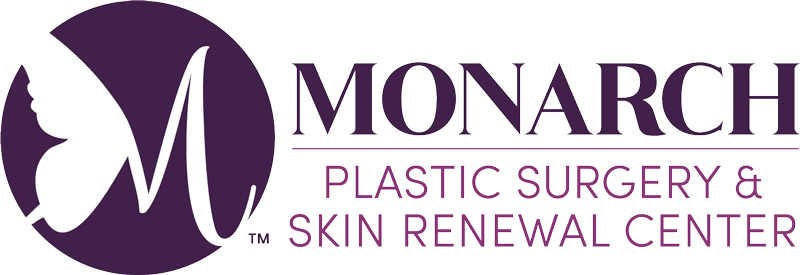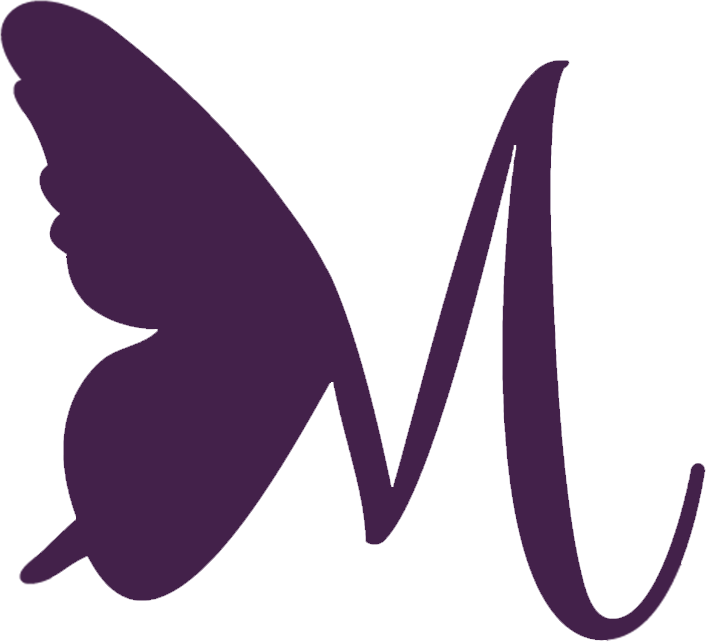Main Content

NeckLift
Excess skin or fat pockets around the neck can create a heavy appearance for some people. Some of us have this appearance innately and may have other family members with similar attributes. Often, though, these changes often appear gradually, and can result in a heavier appearance than we may actually be, or they may simply result in an unflattering appearance both in person and in photos. For many of us, there comes a time when the reflection in the mirror isn’t the same as how you feel on the inside. A necklift can help restore a more youthful, defined appearance to the jaw and neck that will leave you feeling confident and refreshed.
While a necklift can be performed separately in certain patients, a necklift is often combined with a facelift. A necklift addresses loose skin in the neck, prominent muscles in the neck (“turkey neck”), and extra fat in the neck and jawline. For more information on combined facelift/ necklift, please visit our facelift information page.
Questions & Answers
A necklift is a surgical procedure that is used to lift and remove sagging skin of the neck, resulting in a more youthful, natural looking rejuvenation. Our plastic surgeons perform this procedure through discreet incisions below the chin and near the earlobes, addressing fat below the chin, bulky musculature and large glands. The redraping of the neck skin leaves you with a more contoured jawline and youthful appearing neck.
The benefits of a necklift are unique to each individual. A necklift can:
- Improve skin contour of the neck
- Contour the jawline
- Tighten neck skin
- Boost self confidence
- Deliver a rejuvenated overall appearance to the face
In addition to deciding whether a necklift can meet your personal goals, there are several factors to be considered in determining whether you are a good candidate for a necklift. Good candidates for a necklift include those who:
- Have loss of a well-defined jawline
- Have loose minimal to moderate skin in the neck
- Have bulk in the neck secondary to muscles or large submandibular glands
While a necklift can address a variety of concerns, it does have limitations. It is important to know these limitations and to understand when you may be a candidate for a different type of surgery. A necklift cannot:
- Eliminate all fine lines and wrinkles of the neck
- Change the texture of the skin in the neck
- Stop the aging process from continuing to occur
- Tighten advanced looseness of the skin in the neck
- Be used alone to treat loose skin of the neck in someone who also has loose skin of the lower face (jowls)
Necklift surgery is a highly individualized process. There are many techniques used in the practice of plastic surgery today, each with its own unique set of benefits. No single technique is appropriate for all patients.
Common techniques of necklift today include the following:
Techniques
- Subcutaneous fat reduction
- Deep neck fat reduction
- Platysma muscle division or plication
- Digastric muscle reshaping
- Submandibular gland debulking
Incision Location
- In the crease below the chin
- Just behind the earlobes of the ears
Necklift is an outpatient procedure performed with general anesthesia in an operating room. After your surgery, you will be placed in dressings and a head wrap. You will spend a short time in the recovery room before a friend or family member takes you home, where you should plan to rest for the remainder of the day. Be sure to arrange for someone to drive you home after surgery and to stay with you at least the first night. We will advise you on pain medication to ease any discomfort, give you detailed post-operative instructions, and schedule a follow-up appointment to check your progress.
It is normal to experience some pain and swelling in the first few days after surgery. The first week of following surgery, you may feel some discomfort along with bruising and swelling. Depending on the extent of the surgery, it may take a couple of weeks for the bruising and swelling to subside. Incisions usually heal between 2 and 3 weeks after surgery. Depending on your type of work, you will be able to return to work usually within one week to two weeks. You will have some activity restrictions initially, but most people are able to return to full activity by 6 weeks after surgery.
You may notice that you feel less sensation in the neck. This is usually temporary. It may, however, take weeks, months or even more than a year before the sensation returns to normal. Your neck may also require some time to assume a more natural shape. Incisions will initially be red or pink in color. They should fade and soften over time (up to 18 months after surgery). Final results are usually starting to be noticed at 4 weeks after surgery and are fully seen at 6 months to a year after surgery.
Your necklift recovery rate can be influenced by factors such as age, health, and the specific procedure performed. Lifestyle choices like smoking, excessive sun exposure, increased alcohol intake, and stress can also impact the pace of recovery and the quality of results.
Every patient’s recovery is different. Your recovery may be quicker or take more time than average.
Sagging skin in the lower face will not be addressed by a necklift. A facelift can be combined with this procedure to give you optimal rejuvenation effect.
Sagging eyebrows are not addressed by a facelift or necklift, so you might consider a forehead lift (browlift) if sagging eyebrows are a concern.
Signs of aging in the upper and lower eyelids can be addressed with eyelid contouring surgery (blepharoplasty).
Skin quality is best addressed with a comprehensive skin care regimen, which can accentuate your facelift and necklift results.
A facelift or necklift does not restore lose volume to the face, meaning some lines and hollows won’t be addressed with these surgical procedures. Often, it makes sense to use fat grafting to the face or fillers to optimize your results.
A facelift or necklift can also be combined with body contouring procedures, like liposuction or breast lift.
Please visit our My Consult page to learn more about what happens during your consult.
Please visit our Financing page to learn more about financing options.



